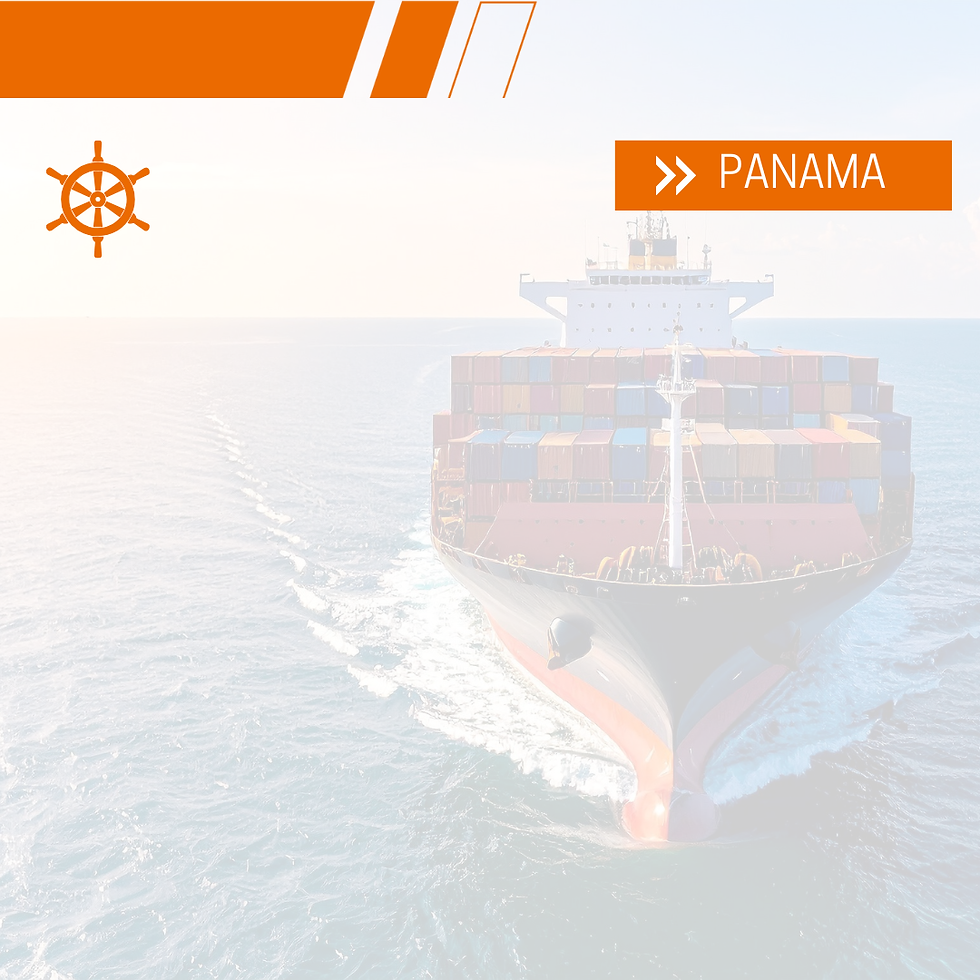Why Offshore Services Remain Relevant
- administracion58436
- Aug 5, 2024
- 4 min read
Updated: Jun 18, 2025
If you intend to start a more conventional, locally based company and you wish to conduct business functions within your jurisdiction, an onshore company is the obvious choice. However, if you have a more unique or complex set of financial requirements for your corporate structure, and your primary intention is to cut costs, optimize your tax benefits, and ensure greater asset protection and privacy, then an offshore or mid-shore company type would be worth considering.
The final choice about whether to incorporate an onshore, offshore, or mid-shore company will naturally depend on your business processes, specific needs, and circumstances. As always, there is no “one size fits all” solution, even for major companies.
Let us refresh some simple reasons why, in particular, the “offshore offer” remains relevant despite the increased scrutiny and international regulatory pressure.
Offshore Ecosystem
Offshore jurisdictions play important roles in the global economy, as they can protect against political, economic, or currency risks. While holding assets in offshore companies in multiple jurisdictions, investors can spread their risk and potentially enhance their returns.
International Financial Centers a.k.a IFCs or as some would refer to them as offshore finance centers (OFC), are a set of countries or territories that offer financial services to nonresidents through licensed financial service providers subject to competent authorities, thus ensuring a well-regulated environment, and well-established legal systems, providing for a deeper layer of security for the protection of your assets through offshore vehicles.
Legal arrangements such as trusts, as well as companies incorporated in offshore jurisdictions can facilitate international business transactions such as joint ventures, or mergers and acquisitions transaction; as well as, holding an individual’s assets, which in any case, plays an important protective role in cases where the retention of the assets may be threatened.
Dealings involving offshore entities in IFCs such as the BVI, Anguilla, and Nevis, offer contractual certainty and transactional flexibility as they maintain the separate legal personality of transactions where a company or legal arrangement is being used. Also provides ease of distribution of assets or profits by the company to shareholders with no requirement for companies domiciled in such jurisdictions.
It remains the case that offshore jurisdictions can still be used for estate planning purposes, including the creation of trusts, foundations, and other succession planning vehicles as they are utilized in a structure designed to protect an individual’s wealth from legal claims, creditors, or other risks such as politically motivated asset confiscation.
Offshore banking services offer a broader range of investment products compared to domestic banks. This can include access to international markets, specialized funds, and higher interest rates on deposits, offering personalized investment strategies and financial planning services.
Transparency and Privacy Matters
The effect of the new regulatory measures in response to offshore leaks in the past years has unquestionably impacted the financial activities of offshore jurisdictions. As a result, an increase of regulatory reporting to ensure transparency in the type of business activities and beneficial ownership of company shares and control over legal arrangements.
The reputation and regulatory framework of the chosen jurisdiction highly depend on their level of compliance with standards dictated by the OECD and FATF as international bodies combating illicit financial flows dedicated and responsible for setting international anti-money laundering standards, jurisdictions evaluation, and recommendations for all IFCs.
Collaboration between governments, law enforcement agencies, and international authorities is essential if these complex issues are to be addressed effectively.
As international regulations increase transparency requirements, compliant offshore jurisdictions still offer a higher degree of financial privacy compared to on-shore or mid-shore alternatives.
This can be appealing to individuals who value discretion in their affairs in offshore jurisdictions where information can only be lawfully obtained which plays an important protective role.
Tax Compliance
Offshore companies and trusts continue to play important roles in providing legal entities in a low-tax jurisdiction into which lawfully obtained income can be paid, providing a neutral, flexible and tax-efficient framework for cross-border commercial transactions.
In addition, the absence of corporate, income or capital gains tax for companies, trusts, individuals or partnerships regardless of tax residence and the absence of withholding tax are also important factors that make the IFCs particularly attractive when structuring transactions.
Having said that, it's crucial to understand international tax laws and ensure compliance with both your home country and the chosen offshore jurisdiction.
The growing importance of International tax regulations has become more stringent in recent years. It's essential to be transparent about your offshore accounts, companies and/or legal arrangements to ensure compliance with all reporting requirements.
Always be transparent and tax-compliant about offshore structures with your home country's tax authorities to avoid unwanted penalizations. Consulting with a legal tax advisor specializing in international finance is highly recommended to ensure you comply with all relevant tax regulations in your home country and the chosen offshore jurisdiction.
Offshore Still Remains Relevant: Why?
A disadvantage that remains when establishing an onshore business, is that onshore owners often do not have as much privacy as their offshore counterparts since more information about an onshore company is made public due to the increasingly vulnerable governmental control.
As long as offshore IFC service providers are committed to an efficient financial services ecosystem, fostering a business-friendly environment and properly regulated framework following international standards, this will keep attracting clients that are transparent about their activities as their cost-effective choice of corporate vehicle and/or legal arrangements most suited to the needs which in tandem, contributes to the shaping of global finance and the future of well-regulated offshore jurisdictions.
The PMA TRUST team will continue to provide updates on developments related to offshore corporate services. You can reach out to the author mhibbert@pmalawyers.com or any of our team members through our website: www.pmalawyers.com




